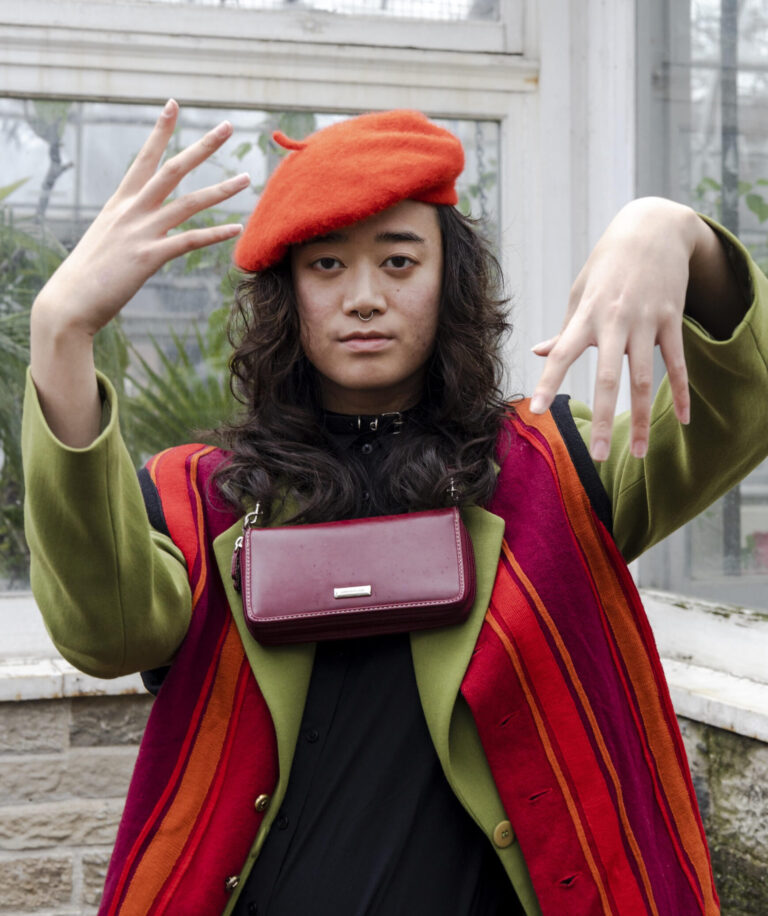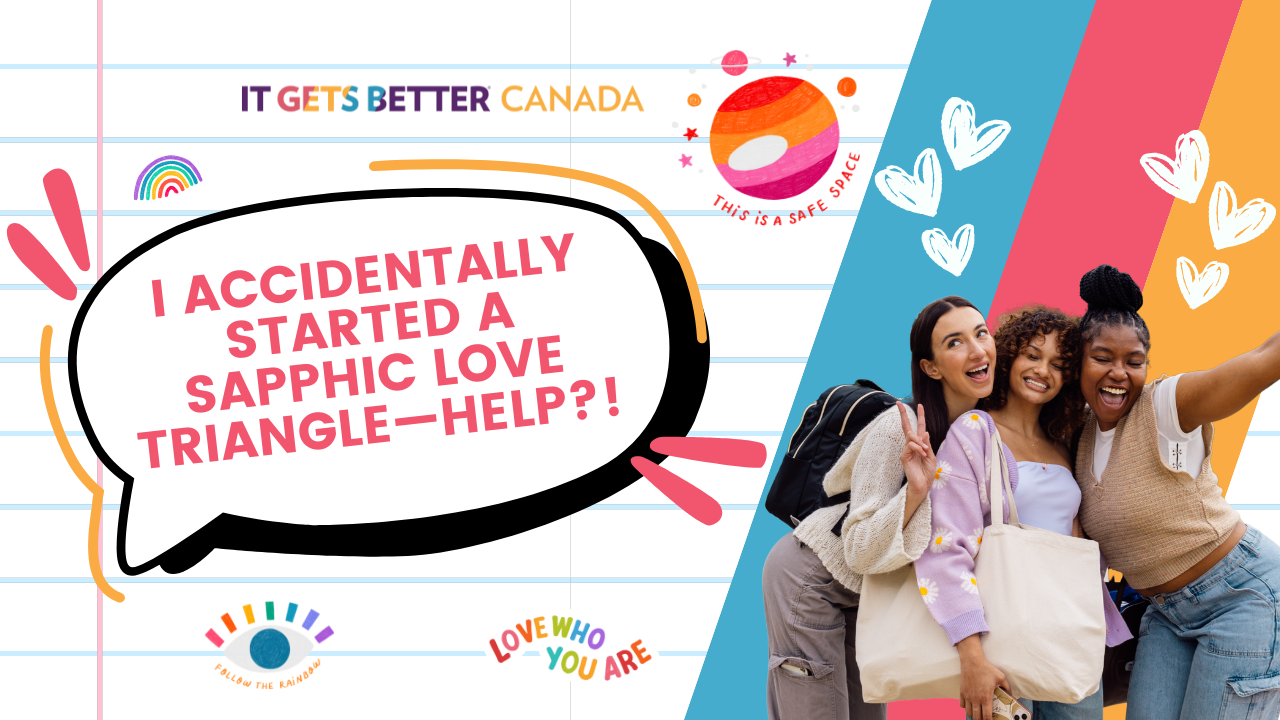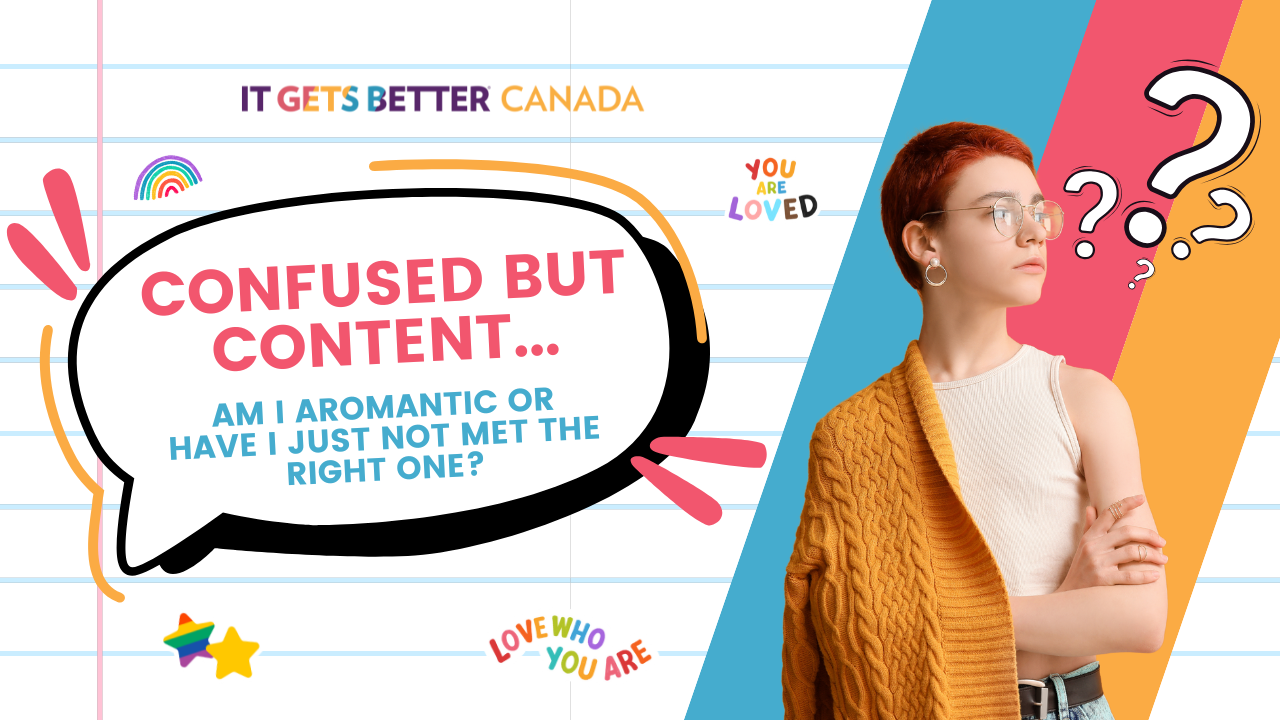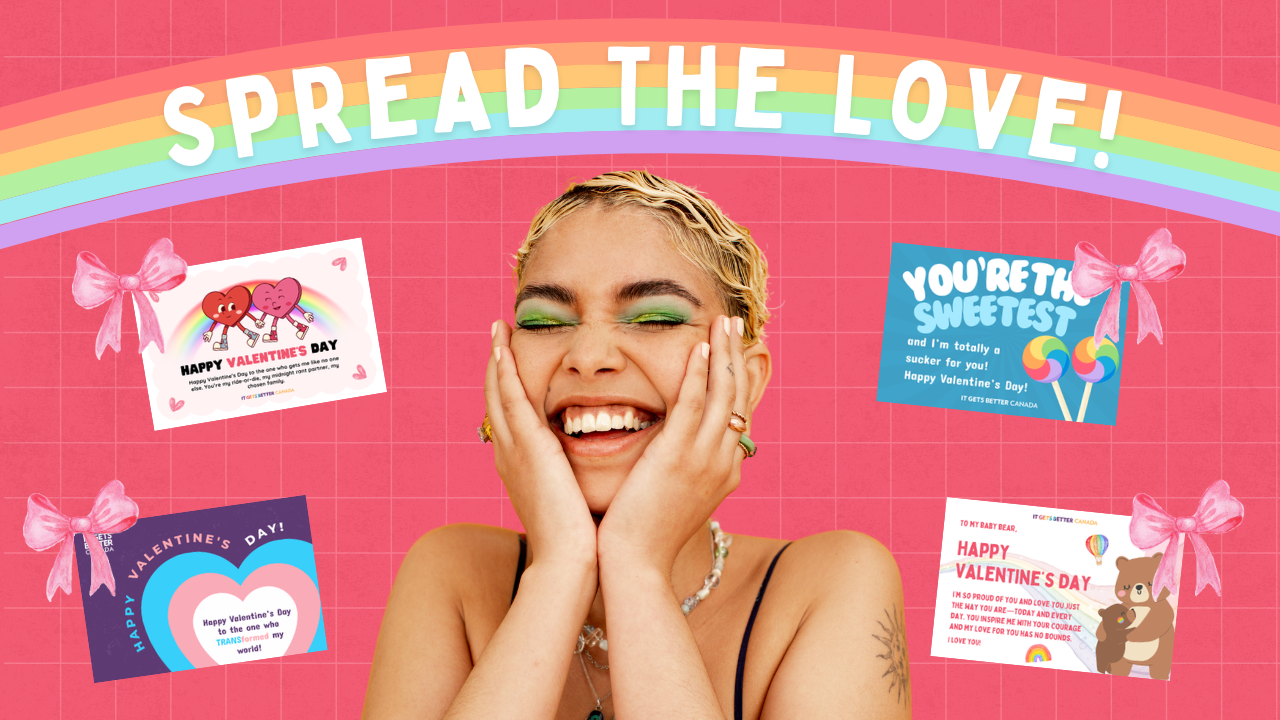
IDAHOBIT – International Day Against Homophobia, Transphobia and Biphobia
About the day The International Day Against Homophobia, Transphobia and Biphobia is observed annually on May 17th. This day was created to raise awareness and
When I first started questioning my gender identity, nothing seemed concrete. All I had was endless questions, and just when I thought I had grabbed onto an answer, it crumbled like sand and misted through my fingers. Everything was still granular when I started identifying as nonbinary, but not transgender. Nonbinary is a general identifier term for those who identify themselves outside the conventional gender binary. Transgender, or trans for short, is another identifying term for anyone who does not identify with the gender they were assigned at birth. I found the term nonbinary fit me when I realised my queerness distanced me from the gender I was assigned at birth. But did that necessarily mean I was trans? I still found myself outside the conventional gender binary and did not want to be woman nor a man in particular.


What I did not understand at the time, is that transgender identity can fall into the gender binary but can also be outside the gender binary. In other words, we can think of trans identities and nonbinary identities as a venn diagram. They are each distinct umbrella categories, but can overlap. So in the venn diagram, there are people who can identify as trans but not nonbinary, nonbinary but not trans, and both trans and nonbinary. To make it even more clear, people that are trans but not nonbinary do not identify with the gender they were assigned at birth, but do identify on the gender binary as a man or woman. People who are nonbinary but cisgender do not identify themselves in the traditional gender binary, but still identify to some degree with the gender they were assigned at birth. And people who are both nonbinary and trans do not identify with their assigned gender and instead identify outside of the gender binary.
Still, for me personally, there were a lot of questions left to be answered. As a nonbinary trans person I struggled with the question, “am I ‘trans enough’ to medically transition?” The narratives of gender dysphoria and transitioning I had been exposed to earlier in my life were never outside the gender binary. But the idea of being “trans enough” is problematic because it implies a medicalist approach to transness that reinforces a narrative that trans people need to be fixed, and acts as a gatekeeper to the trans community. By letting that idea go, we refuse to participate in the systems that oppress and limit us. Instead, we choose to celebrate all the diverse expressions of our gender identities, including those that fall into the gender binary and those that don’t. In my personal gender journey, this meant recognizing that I did need to transition medically to affirm my gender identity, even if what I was transitioning towards wasn’t a familiar destination to a lot of people.
Another question I have been asked a lot is “who gets to identify as nonbinary?” Gender is culturally constructed and thus reinforces gender norms. Can you identify as nonbinary just on the basis that you disagree with the construct of gender conceptually? I would argue yes, but with a caveat. I say yes because it is better to create expansive rather than narrow understandings of gender identity. Nonbinary, after all, is an umbrella term, and is meant to encompass all gender identities that diverge from convention. The caveat is that because of everyone’s different experiences with gender, we must make sure that we both tell our story but also listen to other people’s experiences. For instance, it’s important to recognize that cisgender nonbinary people will not experience gender dysphoria, discrimination, and other challenges trans people face in their day to day life. Also, transmasc people might not experience transmisogyny the way transfemme people do.
The goal here is to imagine an expansive collective identity for trans people and nonbinary people. We can all take our individual shifty, sandy, gender questions and come together to build sandcastles where we can support and celebrate each other for the royal people that we are.

Clover (they/them) is an east-asian queer nonbinary creative studying at the University of Toronto. They are an advocate for equity, diversity, inclusion, and belonging in all of the communities they are a part of. As well, Clover is an artist exploring self-expression through digital art, dance, guitar, and poetry. If you catch them skating around the city and want to chat about art, equity, or anything else, please feel free to say hi!

About the day The International Day Against Homophobia, Transphobia and Biphobia is observed annually on May 17th. This day was created to raise awareness and

Dear Queer, So… I think I may have unknowingly written myself into the plot of a messy queer romance novel. I (24F) recently started casually

Dear Queer, Lately, I’ve been questioning my sexuality because I think I might be aromantic. I’ve never really felt romantic attraction, but I have deep,

It Gets Better Canada is proud to receive over $1.5 million in federal funding It Gets Better Canada is proud to announce that we have

Send a thoughtful card to a loved one in the 2SLGBTQ+ community – whether it’s your partner, friend, or family member – and make a difference in our work for queer youth at the same time.

